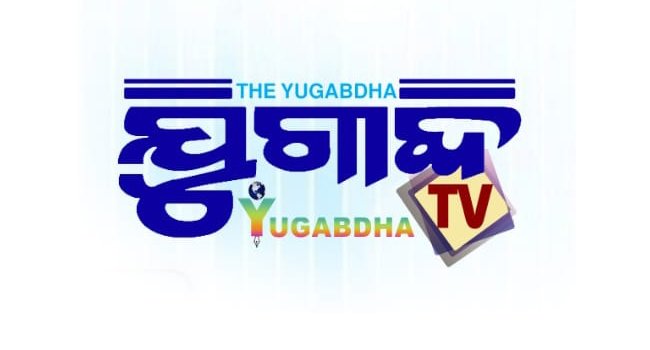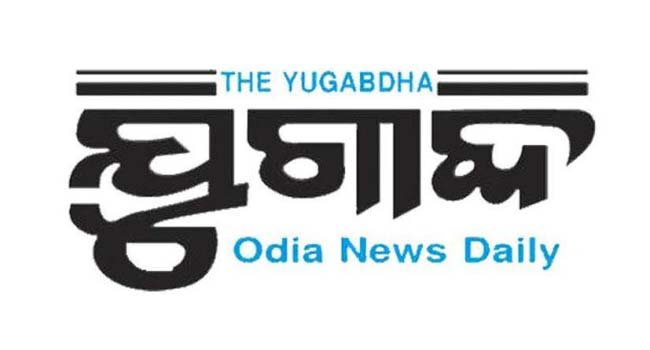New Delhi, (YNS):The National Human Rights Commission (NHRC), India today organized a core group meeting on criminal justice system reforms. The focus was on finding ways to address the delay in forensic reports, areas of improvement in the prosecution system, burking of offences and simplification of language used in organs of criminal justice system. The meeting in hybrid mode was chaired by the NHRC, India Chairperson, Justice Shri Arun Mishra in the presence of Member, Shri Rajiv Jain, Secretary General, Shri Bharat Lal, Director General (I), Shri Ajay Bhatnagar, core group members, experts, academicians, representative of civil society organizations and senior officers of the Commission. Justice Mishra said that forensic examination in the criminal justice system plays a critical role. Delay in forensic examination results in delayed justice. The number of technologically advanced forensic laboratories needs to be augmented for expeditious examination. The digital forensics also needs to be strengthened in the wake of new challenges of cyber-crime to reach the culprit fast. He said that investigation and forensics examination should be part of the process and not independent of each other. He emphasized for increased systematic coordination between public prosecutors, forensic teams and the police. For this, their training in the legal provisions, the concept of trial and the importance of forensics is necessary for reforms in the criminal justice system for speedy trial ensuring that any innocent person doesn’t suffer. Justice Mishra also said that Public Prosecutors need to be given exposure to forensics and the concept of trial. He said language is a barrier for the common man in understanding legalese in judgments as most of these are delivered in English, which is difficult to understand for many people. Before this, NHRC, India Member, Shri Rajiv Jain gave an overview of the four sessions of the meeting which he said are very significant aspects of the criminal justice system. He expressed the hope that the related issues and sessions will help the Commission in further shaping them for necessary recommendations. Shri Devendra Kumar Nim, Joint Secretary, NHRC underscored the concerted efforts of the Commission seeking reforms in the criminal justice system. He said the Commission had organized the Core Advisory Group on Criminal Justice System Reforms in 2021 and 2023 and it has also issued an advisory to mitigate Deliberate Self Harm and suicide attempts by prisoners in 2023. The Commission also released a book on Forensic Science and Human Rights in 2023. During the discussions, it was emphasized that Public Prosecutors play a very important role at the trial stage and therefore, it is necessary to create a cadre-based service of Public Prosecutors to ensure transparency and merit in their appointment. A Training Academy should also be set up for them with a research and analysis wing. They also need to be supported with proper office infrastructure. The witness examination should be the prerogative of the Public Prosecutor and not of the judges. Some of the prominent speakers included Shri Rajesh Kumar, Director, Odisha State Forensic Science Lab, Bhubaneshwar, Dr. G.K. Goswami, IPS, Founder, Uttar Pradesh State Institute of Forensic Science, Dr. S.K. Jain, Director-cum-Chief Scientist, DFSS, MHA, Smt. Shreya Rastogi, Founding Member & Director, P39A, NHRC Core Group Members, Prof. (Dr.) Manoj Kumar Sinha Smt. Meeran Chadha Borwankar, Shri Rishi Kumar Shukhla, De B.T.Kaul, Member Secretary Law Commission of India Dr Reeta Vashishta , Smt. Aditi Tripathi, Advocate, Prof. (Dr.) Arvind Tiwari, Dean, School of Law, TISS Mumbai, Shri Bhim Sen Bassi, Former Commissioner of Police, Delhi, and Dr. Chanchal Singh, Professor of Law, Himachal Pradesh NLU.




